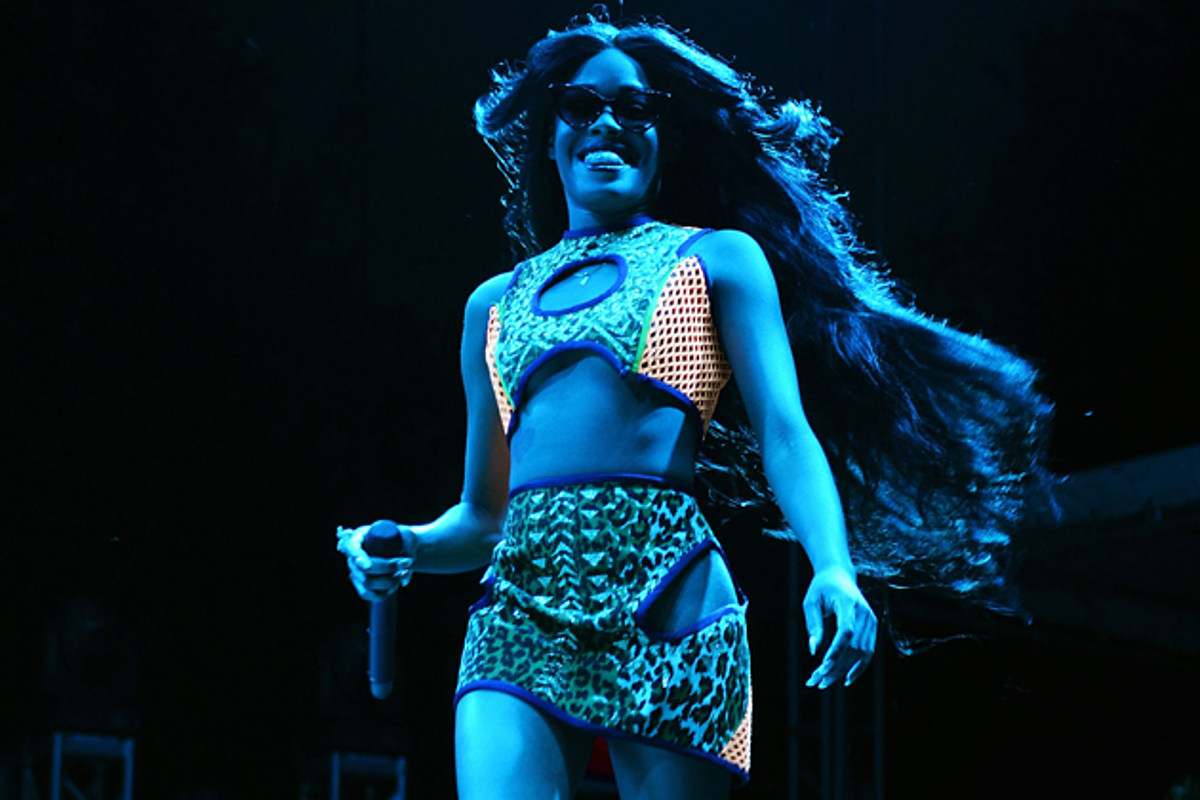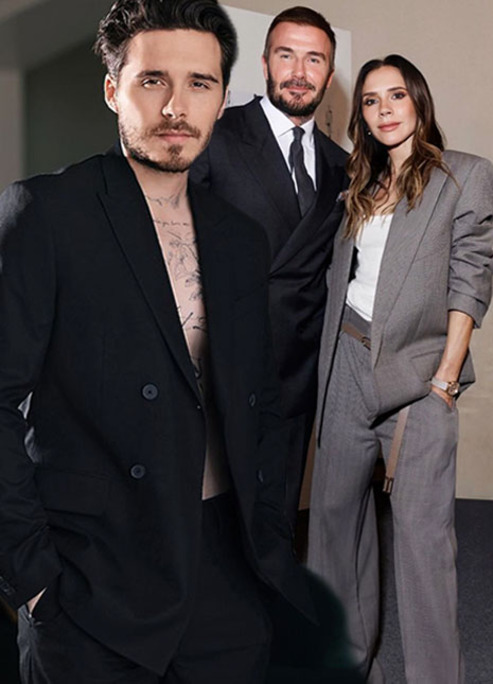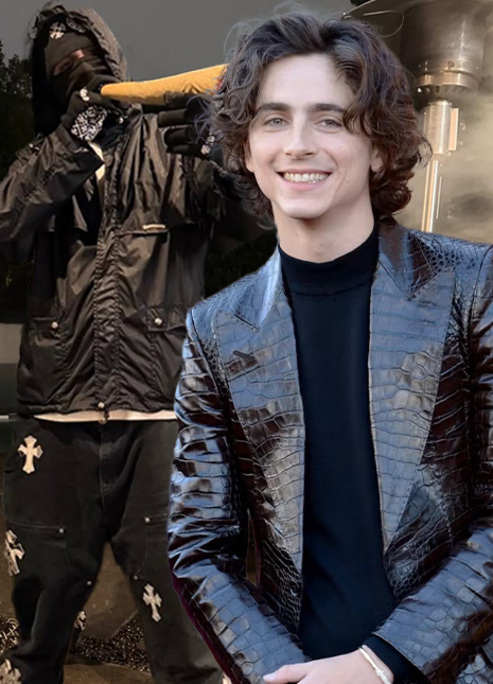
Azealia Banks and the Problem with Cancel Culture
Incomparable, unforgettable and seemingly untouchable. Cancel culture hasn’t got a thing on Azealia Banks despite the evidence. Why?
Who is Azealia Banks?
Azealia Amanda Banks is a New York-based rapper who has released music and been in the public for just under ten years. September 12th was in fact the anniversary of the music video for her breakout hit ‘212’ with Lazy Jay. What started off as a promising rap career at a time when the walls were breaking down for female rappers of colour, has dissolved into a Lindsay Lohan-esque level of controversy, online drama and negative media attention.
First off, it’s important to note that the intention of this article is not to shift blame on Azealia Banks surrounding the defects of cancel culture. Banks is not the first celebrity to stir up controversy and undoubtedly won’t be the last.
The aim is, however, to exemplify Banks the wild ride that is Banks’ recent career resurgence as linked to her controversialness in the public eye and even her cancellation. From endorsing Donald Trump (twice), racist remarks towards Zayn Malik and Skai Jackson and even using transphobic rhetoric to justify her conversion to Judaism (yes), Banks has been cancelled several times over.
As her music career waned, the rapper and songwriter’s public profile existed on a merry-go-round of controversy, swinging from one rampage against a public figure or minority group to another. Listing all of her feuds would take an Encyclopaedia Britannica, but luckily we have Wendy Williams with us to do the honors.
So, it’s been established that Banks is cancelled. Shunned to the badlands, cast out into the shadowy realms of has-been, never to return. This does seem incongruous with the fact her music is all over TikTok, she’s just sold out a tour in New York City and has started to release new music again. What gives?
TikTok Takeover.
A crucial contributor to her comeback is the digital platform known as TikTok. TikTok has a huge LGBTQ usership and the battle between #gaytok and #straighttok continues to rage on.
Banks has amassed a considerable gay fanbase. It’s partly because her music aligns with the genres played most commonly at gay clubs; house, pop, electronic and even techno.
As a platform, TikTok has a short memory. Trends disseminate almost as rampantly as they die down. One day Cupcakke remixes are flooding your For You page - the next it’s something totally different.
Because TikTok is not one of the platforms Banks used to give her controversial takes, in a way the music got a chance to speak for itself. Inevitably, Banks took to TikTok when her songs ‘Luxury/Competition ', ‘Countess Contessa’ and ‘212’ began to trend. It became far easier to dissociate her from the music.
@jeanhmu A banger #azeliabanks
♬ 212 - Azealia Banks
@nmillz1
Something in the cancellation process is clearly at fault. Why is an artist who made these statements allowed to come back and what does it mean for the celebrities who have done far worse - will they too get a second shot despite their misdemeanors?
There’s a reason everyone wanted to be Sharpay Evans when they grew up, and not Gabriella. There’s a reason ‘drama’ and ‘tea’ YouTube channels rack up millions of views week after week. We love villains.
But what’s troubling is how extreme it’s gotten. The fact that the allegations of child grooming against James Charles and paedophilia against Shane Dawson were dissected in excruciating detail by these channels despite them having very real-life implications for the accusers.
This article isn’t really about Azealia Banks, if you haven’t guessed. It’s about one of the more shameful and sadomasochistic aspects of online culture. Do we relish in suffering? Do we laugh along with more villainous characters rather than stand with victims?
Villains
One of the more notable phenomenons in 21st century celebrity culture is the increasing popularity of controversial public figures. Just this month, Kanye West was criticized for his Donda listening parties for featuring appearances from other artists who’ve been cancelled. One was DaBaby, the rapper best known for his feature on Dua Lipa’s Levitating, recently called out for homophobic remarks made about HIV at a concert, and another was Marilyn Manson, the disgraced punk-rocker accused of sexually assaulting his former partner Evan Rachel Wood.
This information did not stop anyone. Twenty-four out of the twenty-seven tracks on the album are charting on the Billboard Hot 100 and rumors are floating that someone listed a bag of air from the live event for over $3,333.333 on Ebay.
Another recent controversy included rapper Nicki Minaj who has come under criticism for sharing misinformation about the Covid-19 vaccine and an alleged bad reaction a friend of her cousin’s took to it. Her surreal voice memo in response to Boris Johnson’s criticism of her on the news has been quickly meme-ified and is currently a trending sound on TikTok.
@tompablo wonder what’d happen to my testical #takethevaccine @nickiminaj #boris
♬ IM BRI ISH - Tom
After what feels like the most bizarre four years of Brexit, the Trump presidency, the Covid-19 pandemic and Elon Musk’s bizarre Space Race 2.0 to Mars is it possible that we’re just jaded?
Furthermore, it seems like we're turning on each other. Tiktoker NoseBleedFitz found herself publicly ex-communicated because of minor drama in her personal friend group. What happened to holding the wealthy and elite accountable for their actions?
As late-stage capitalism begins to take its course, it’s almost like these incidents just bounce right off us. The lack of consequences celebrities and the rich and powerful face for their actions, time and time again, could be why people don't take offense online as much as they used to.
Where once digital activism seemed a formidable agent in the causes of the #MeToo movement, Black Lives Matter and the numerous hacktivism campaigns of the early 2000s, now feels like an unintelligible void. The mechanism just does not work on those with access to capital and resources. Public images can be marred, but in a capitalist society money always talks. It seems like we've grown co-dependent on these people for drama in our lives because we know there's no getting rid of them.
Azealia Banks is just one of the lesser examples of this phenomenon. Gen Z can’t get enough of her and it seems her controversy has gone over their heads. Banks has in fact apologized for many of the comments she made but still continues to drum up drama every day, nearly.
Banks is the least of our worries. It’s the potential of where our parasocial love-to-hate relationships with public figures may take us that needs further scrutiny. Should we tolerate or resist?
When do you step in defense of someone’s actions because they’re “iconic” and you’re a diehard stan and when do you decide to step back? It's harder to answer that question than it used to be.
Perhaps we do all love a good villain. Too much, it might seem.











